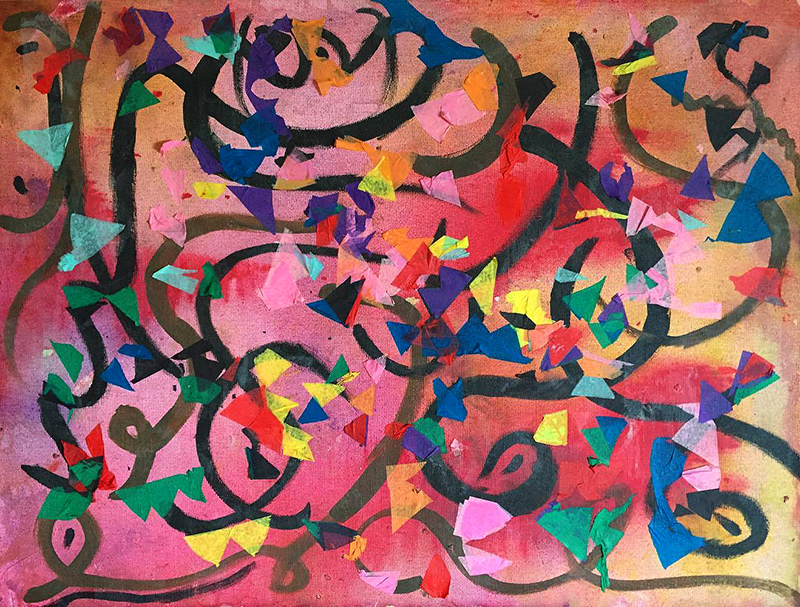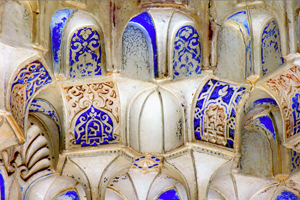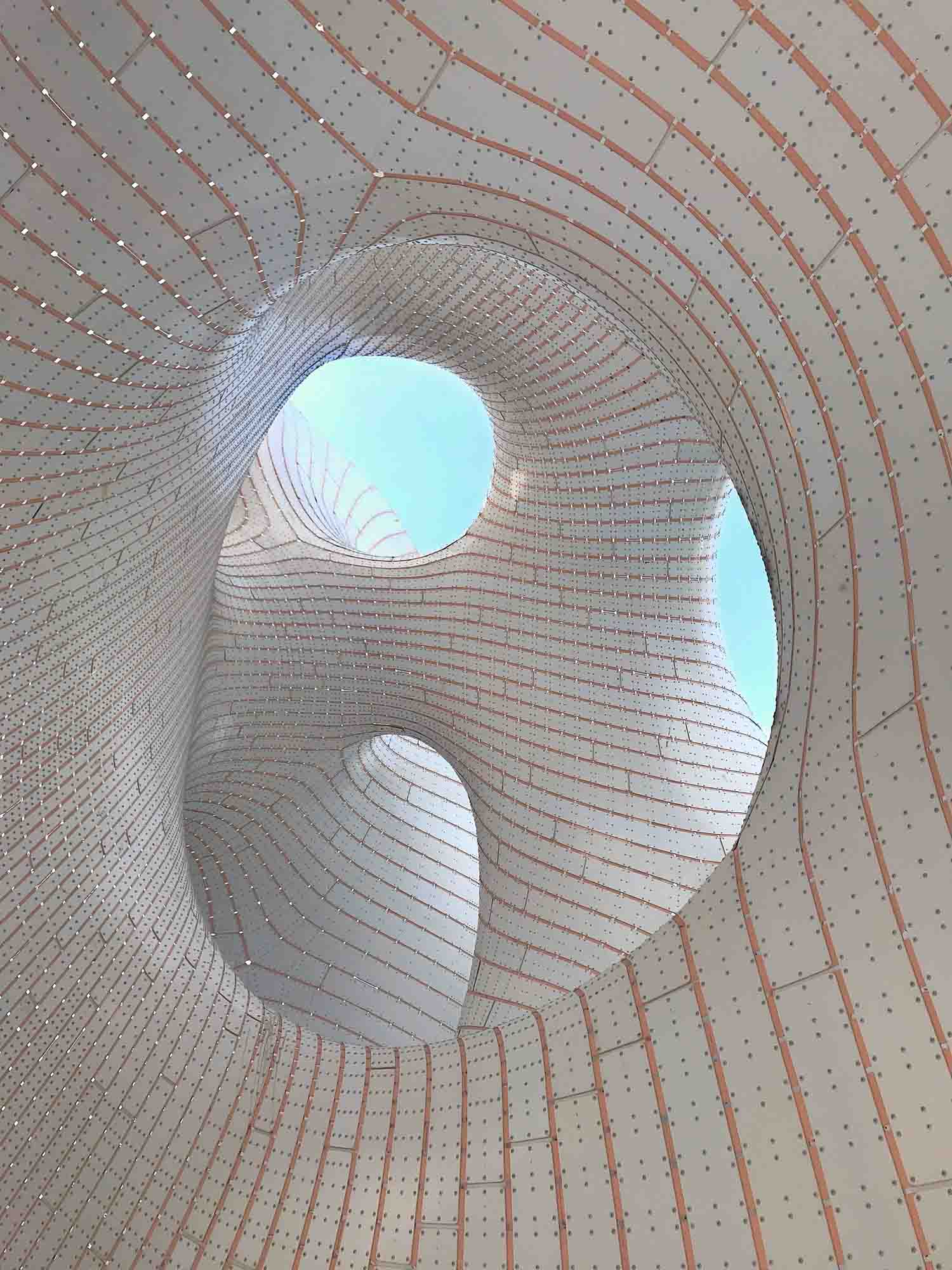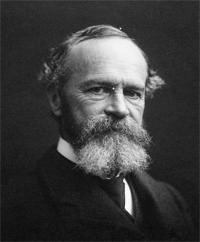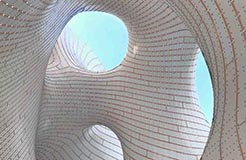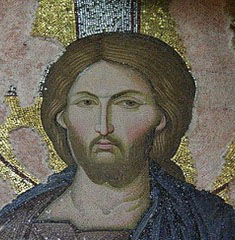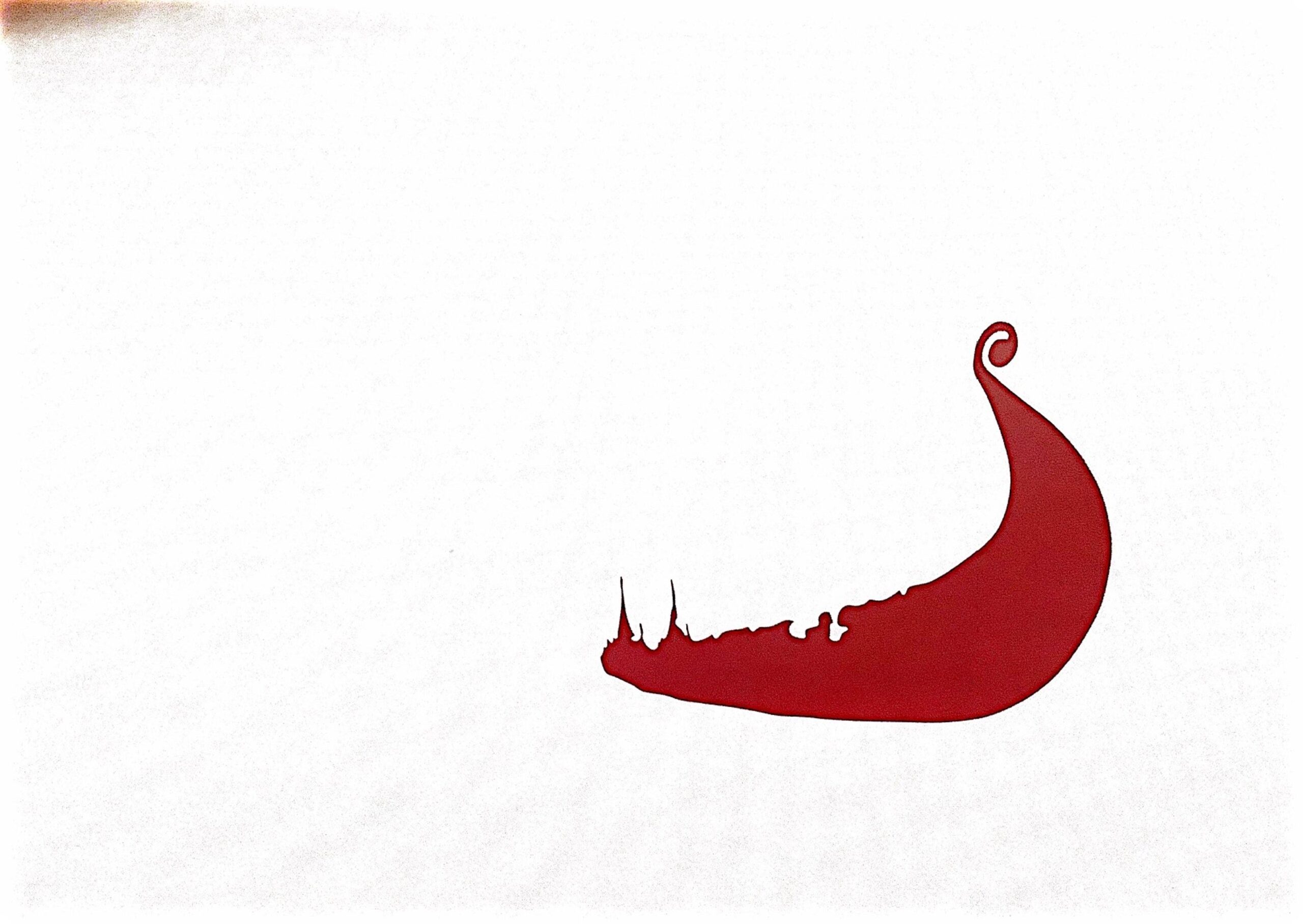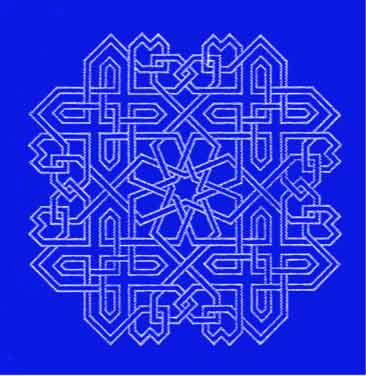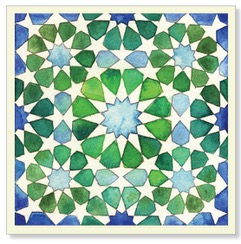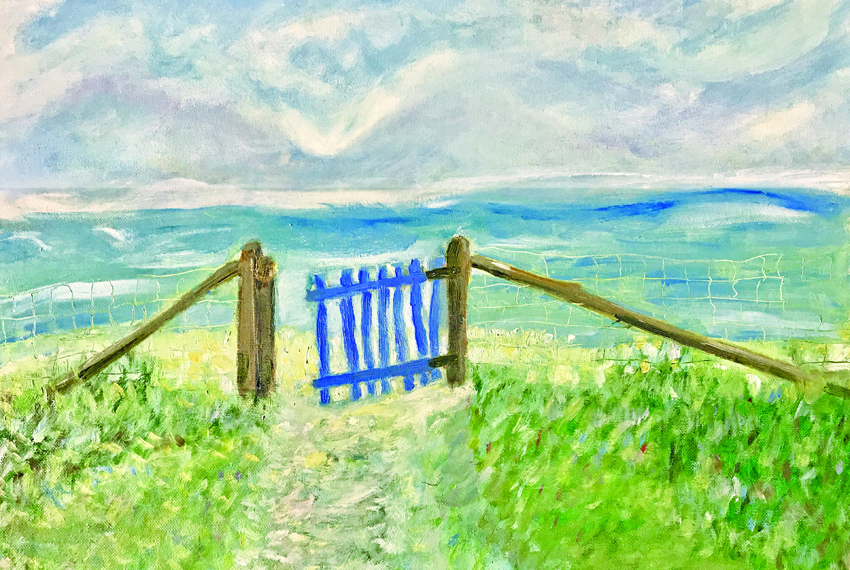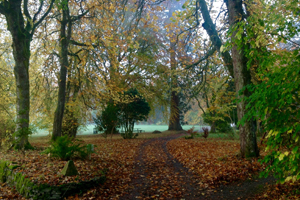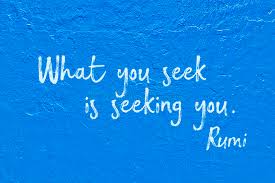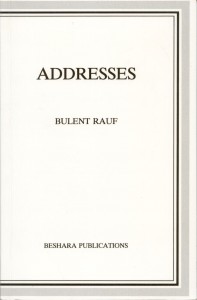
Addresses I / Testpage for Marta
by Bulent Rauf
RRP: £5.95 (+P&P)
Paperback, 72 pages

Addresses I / Testpage for Marta
by Bulent Rauf
RRP: £5.95 (+P&P)
Paperback, 72 pages
‘A classic of esoteric literature, which should be read, re-read and read again.’
Peter Young, from the Foreword
This book could be called a fruit of the courses of the Chisholme Institute, where hundreds of people have taken part in six month courses since 1975. Many of the twelve papers which it contains were given in response to a particular stage or difficulty faced by students on the course.
This lends them an immediacy and an enduring usefulness, since they help to relate experiences, which many people might share, to the goal that has been recognised and accepted.
Bulent Rauf did not leave a great deal of writing of his own. His great contributions were, introducing many people to the refined and sublime taste for Reality, which Ottoman spirituality at its best inherited and cultivated, his support for the establishment of the Muhyiddin Ibn ‘Arabi Society, and the translation into English of Ibn ‘Arabi’s Fusus al-Hikam with the commentary of Ismail Hakki Bursevi, a profound, subtle and beautiful rendition of the incomparable original, were accomplished without much formal writing on his part. But the papers in Addresses, occasioned by the particular needs of students for clarification and assistance, were selected and ordered by Bulent himself. He left the collection and publication of anything else he had written to others, one outcome of which was Addresses II.
Peter Young wrote in his Foreword to the book in 1986:
“The point of view from which these addresses are written and to which the reader is inexorably drawn is that of One and Only One Unique Existence… These addresses are for those who want to come to understand their relationship to Reality, what their purpose is and how consequently they should proceed. For in wanting to know these matters they have already begun to correspond to their raison d’etre; as God is reported to have said ‘I was like a hidden treasure; I loved to be known and I created the Universes…’
How to Order:
- Please email your order to Beshara Publications: info@besharapublications.org.uk
- Credit/debit card: on receipt of your order a PayPal invoice will be sent by email. A Paypal account is not required.
- Cheque: can only be accepted in GBP from UK bank accounts.
Post to: Beshara Publications, PO Box 33, Northleach, Cheltenham GL54 3WU, UK - Postage will be added to your order
Extract from Addresses I
From Chapter 2, Humility:
No one is completely devoid of pride if pride in learning is not changed into dignity through humility.
The purpose of all your study is to bring you to a realisation of your ‘essential’ oneness with the One and Only Absolute Existence. Here remember that the word ‘essential’ mainly means ‘in your essence’ as well as your origin and your reality.
This realisation of ‘your essential oneness’ can only be consequent to the complete humility of your ego to accept this knowledge and make it its own belief; because this knowledge is not the mere acceptance of a ‘concept’ or ‘theory’, etc. which may be received by an adjustment of the ego to tolerate, or even to consider this theory or concept or what you will, and still continue unaffected in its (the ego’s) separate and illusory self-existence as something apart from the basic reality of your ‘essential oneness’.
As you can see when you make of this reality your realisation, you implicitly admit the non-existence of a relationship of the ego to the One, or through the One or with the One or in the One or together with the One, etc., except that this ego itself is no longer the ego you have known up to now, but the extension of the ‘ego’ of the One in a single determination, and which is His individuation as you. This is what prompted Rumi to write the Mathnawi, and again this is what constitutes the subject of the story told about Rumi’s conversation with Yunus Emre. The story goes like this: One day Rumi and Yunus Emre met. They had an intimate and very pleasant conversation where Rumi told Yunus of all he had done, reciting to both their delight some of his sublime verse. Yunus Emre was very grateful and highly pleased, but a doubt of personal ability to achieve the same came over him in his utter humility. He remarked aloud: “How true, how lovely; but what a lot of words you have used to say such a simple thing. I could never have done it.” Rumi asked him: “How would you have said it?” Yunus Emre, who was what may be called a ‘Folk Poet’, replied in a couplet:
I wrapped myself in flesh and bones
And appeared as Yunus.
(Ete kemige burundum
Yunus deyu gorundum)
More books:

